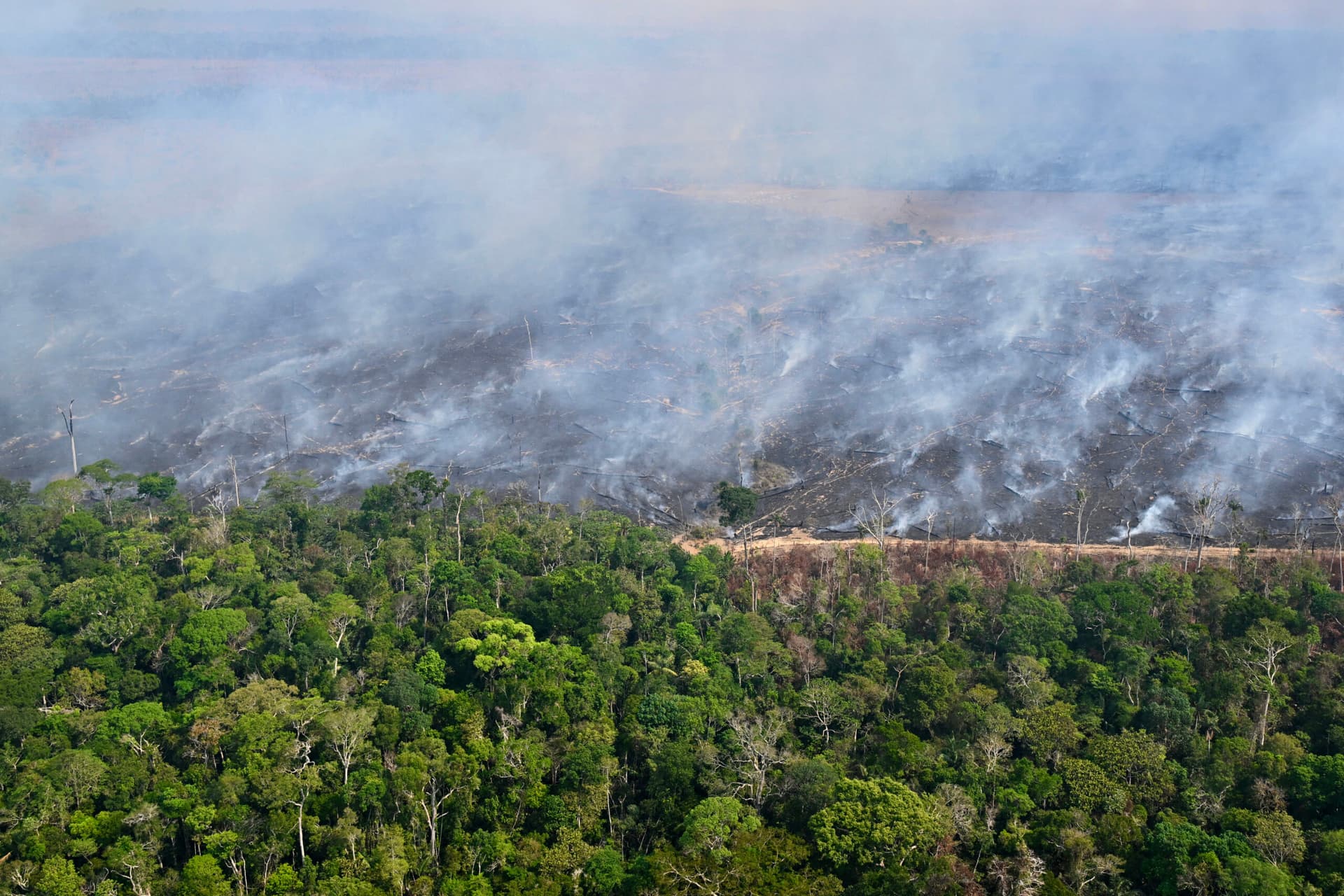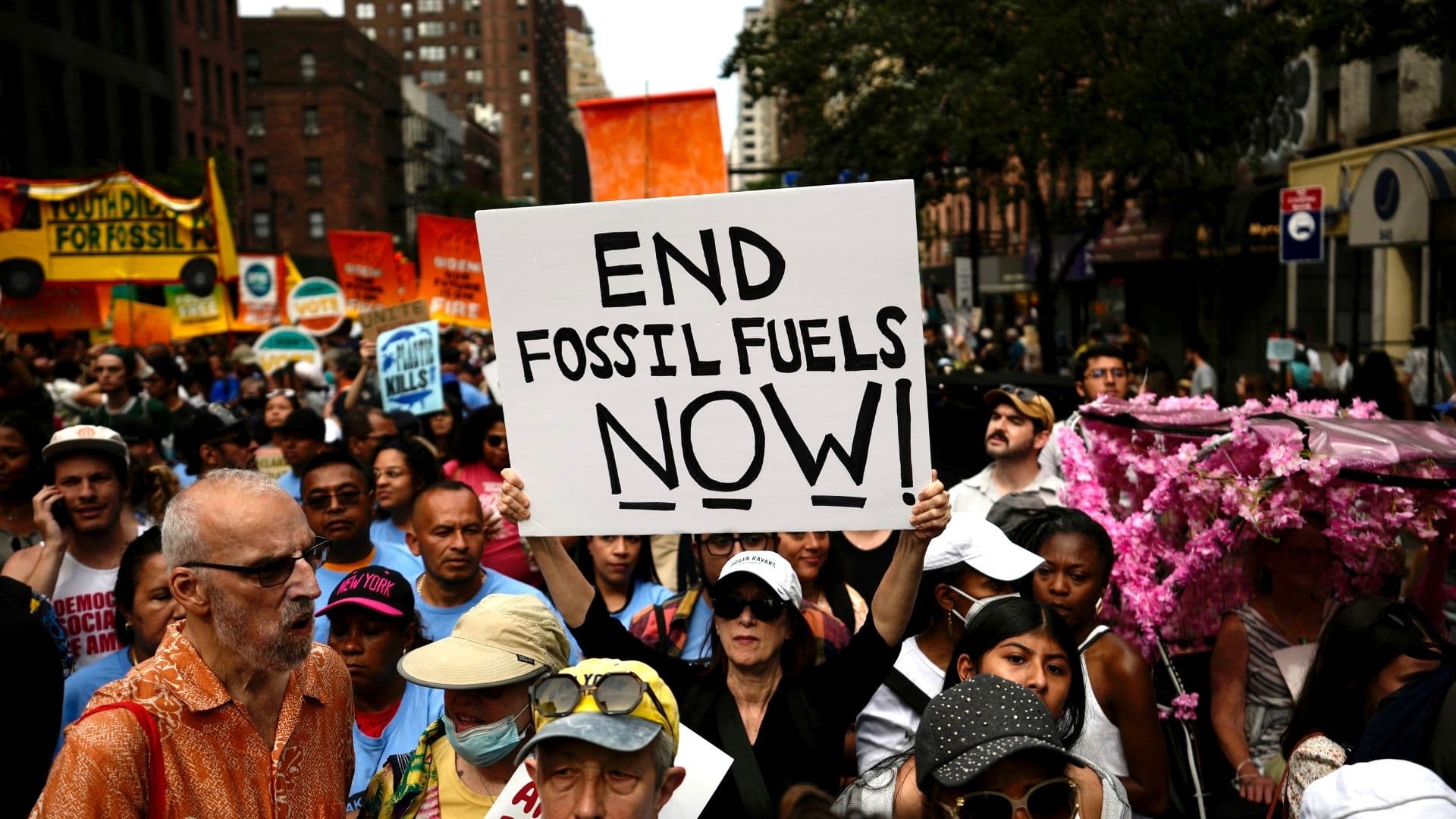Fire Forces Evacuation at COP30 Pavilion, Negotiations Disrupted
A blaze inside an exhibition pavilion in the Blue Zone at the U.N. COP30 summit in Belém forced evacuations and briefly filled negotiators with smoke, intensifying pressure as talks entered final hours. The interruption compounds already fraught bargaining over a fossil fuel phase down roadmap and climate finance for poorer nations, outcomes that will shape markets and long term emissions trajectories.

A fire broke out on November 20 inside an exhibition pavilion in the Blue Zone at the U.N. COP30 climate summit in Belém, Brazil, briefly filling the area with smoke and forcing evacuations as negotiators raced to meet a self imposed deadline. Organizers said the blaze was likely caused by electrical equipment, possibly a microwave, and was controlled within six minutes. Thirteen people were treated for smoke inhalation. The physical disruption came during an intensified push to finalize text on two of the conference's most contentious items.
The incident interrupted talks over a roadmap to phase down fossil fuels and over commitments on climate finance for poor countries. Draft language circulated by Brazil did not include a clear fossil fuel phase out roadmap and remained under discussion, complicating an already narrow window for agreement with less than 48 hours left before the summit's scheduled close. U.N. Secretary General António Guterres urged flexibility and compromise as negotiators sought consensus.
Beyond the immediate safety concerns, the timing of the fire matters because the final text emerging from COP30 will guide policy signals and corporate strategy. Investors and energy markets closely monitor language on fossil fuel phase downs because it affects expectations about future demand, regulatory risk, and the pace of capital reallocation. Clear, actionable roadmaps can strengthen carbon pricing and reduce the cost of capital for renewables, while ambiguous outcomes tend to favor incumbents and prolong uncertainty for clean energy investors.
Climate finance remains a parallel flash point. Developed countries face longstanding criticism over delivery and predictability of finance for adaptation and mitigation in developing economies. The 2009 pledge to mobilize $100 billion annually by 2020 remains a reference point in negotiations and political rhetoric. If COP30 produces only vague language on finance, low income nations may leave without the assurances they view as necessary to pursue more ambitious national commitments.
The gaps in negotiation text are consequential for longer term emissions pathways. Scientific assessments indicate that global greenhouse gas emissions need to fall roughly 45 percent below 2019 levels by 2030 to keep a 1.5 degree Celsius target within reach. Achieving that scale of reduction typically requires decisive policy measures to curb fossil fuel use alongside scaled public and private finance for clean energy and adaptation. A diluted COP30 outcome would reduce policy clarity and could delay investment shifts that underpin those reductions.
Organizers say the fire caused no structural damage and that emergency response was swift, allowing the conference to resume. Nonetheless, the interruption underscored the fragility of a process that relies on tight deadlines and consensus building. With negotiators now facing a compressed timeline, the next 48 hours will determine whether COP30 produces binding commitments that alter market expectations and accelerate the transition, or offers compromise language that keeps the political and economic status quo largely intact.

